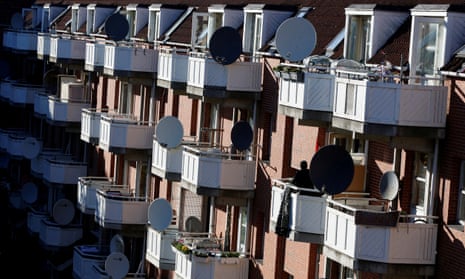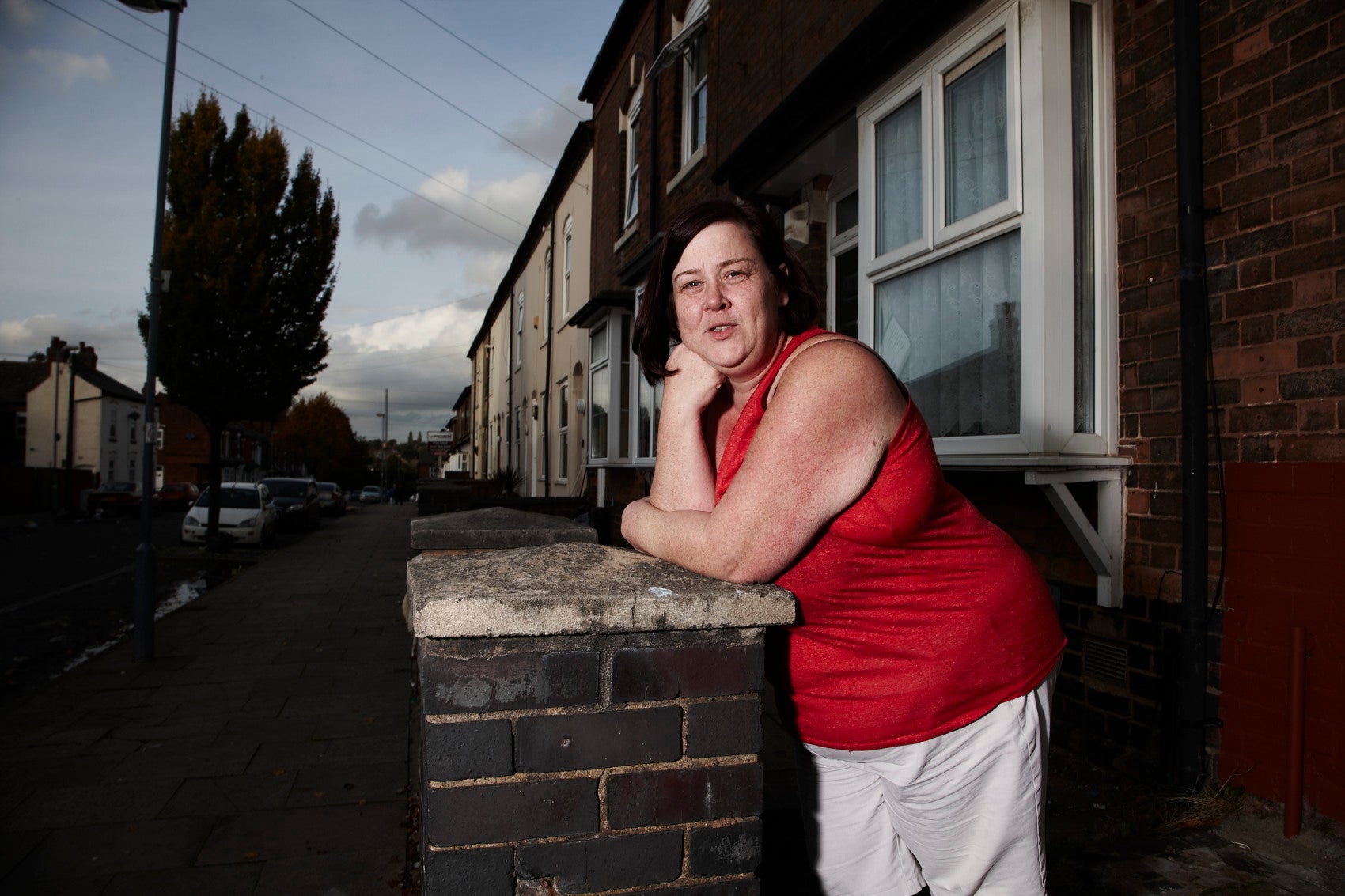If European court of justice agrees, Parallel Society Act could violate EU law, forcing Copenhagen to change it. Denmark’s “ghetto law”, which allows the state to demolish apartment blocks in areas where at least half of residents have a “non-western” background, constitutes direct discrimination on the basis of ethnic origin, a senior adviser to the EU’s top court has found. Danish social housing law categorises neighbourhoods on the basis of unemployment, crime, education, income and immigrant population. Those where more than 50% of residents are from a “non-western” backgrounds are labelled a “parallel society”, formerly referred to as a “ghetto”.
If, in addition to unfavourable socioeconomic conditions, a neighbourhood has also had an immigrant population of more than 50% for the last five years, it is labelled a “transformation area”, formerly known as a “hard ghetto”. This requires the public housing association to propose a plan to cut social housing by 40% – including by selling properties, demolition or conversion and terminating the lease of the former tenants - by 2030.
The European court of justice (ECJ) said in a statement on Thursday that Tamara Ćapeta, an advocate general, had found in a non-binding legal opinion that “the division between ‘western’ and ‘non-western’ immigrants and their descendants is based on ethnic origin.”. The statement added: “She considers that, although ‘non-westerners’ are an ethnically diverse group, what unites that group is not a commonality of factors that form ‘ethnicity’ within that group, but rather the perception by the Danish legislature that this group does not possess the characteristics of the other group, the ‘westerners’.”.
The ECJ follows the advice of its advocates general most of the time. Although tenants whose leases were terminated were not selected on the basis of their non-western origin, “they nevertheless suffer direct discrimination on the basis of the ethnic criterion,” Ćapeta found, according to the statement. She said the legislation put tenants in a vulnerable position in terms of housing which led to worse treatment than those in neighbourhoods where the majority of the population was of “western” origin.
“The ethnic criterion used by Danish legislation stigmatises the ethnic group whose structural disadvantage in their ability to integrate into Danish society was recognised, thus curtailing rather than enhancing their chances to integrate into that society,” the statement said. The case was referred to the ECJ by Denmark’s eastern high court after tenants on the Mjølnerparken estate in Copenhagen and Schackenborgvænge estate in Slagelse challenged the legality of development plans based on Danish social housing law.
Sign up to This is Europe. The most pressing stories and debates for Europeans – from identity to economics to the environment. after newsletter promotion. Louise Holck, the director of the Danish Institute for Human Rights, which was involved in the case, welcomed the ruling, which she said could have broad implications if it is agreed upon by the ECJ. “Her interpretation of the directive ensures effective protection against discrimination based on ethnicity. If the court reaches the same conclusion as the advocate general, the Parallel Societies Act could be in violation of EU law,” she said.
“In that case, the state must correct the situation to ensure that citizens are not discriminated against and amend the law to comply with EU regulations. This case is both important and a matter of principle, as it could have implications for everyone who has been subjected to the same treatment.”. The Parallel Society Act, formerly known as the ghetto law, came into force in July 2018, but Denmark has had regulations targeting so-called “ghetto areas” since 2010.






















